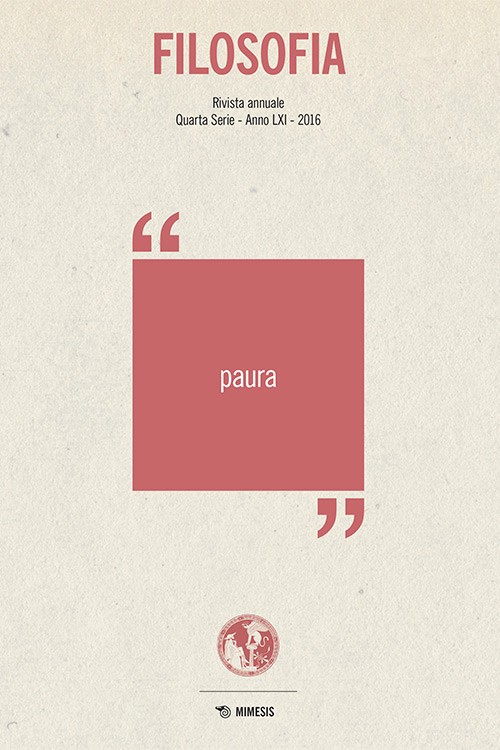On Wittgenstein’s Analogy between Philosophy and Psychoanalysis
DOI:
https://doi.org/10.13135/2704-8195/3926Keywords:
Wittgenstein, metaphysics, psychoanalysis, motivational conflict, unconsciousAbstract
Wittgenstein’s remarks on psychoanalysis can be viewed as a critical approach to Freudian speculation, but this is not our concern in the present essay. Here we want to examine the analogy, which Wittgenstein acknowledges, between his own understanding of philosophy and the style of thinking that characterizes psychoanalytic therapy. Both psychoanalysis and philosophy appear as precious pursuits and, in different respects, as dangerous enterprises. In Wittgenstein’s eyes they are to be appreciated as ‘therapeutic activities’. However, when they try to become theories with scientific ambitions, they turn out to be dubious or even harmful spiritual offshoots. In the present essay we explore three features that are essential to such analogy. 1) Both philosophy and psychoanalysis appear as thera- pies that make use of language: they are ‘treatments’ that take place at the level of reasons, and not causes. 2) Both treatments are attempts to tackle motivational conflicts, which are at the roots of specific forms of ‘mental unease’. 3) The relevant motivational conflicts are characterized by being inscrutable as to their real grounds, and their harmfulness is proportional to their inscrutable (‘unconscious’) character. Our purpose is to discuss this qualified analogy between philosophy and psychoanalysis in order to improve our understanding of the role of metaphysics in human reflection.



